I have a Table with columns (ItemID, Name,Price).
The List of Items is populated with duplicated items.
For ex.:
--------------------------------------
ItemID Name Price
--------------------------------------
1 Bangles 100
2 Saree 200
3 Shoes 150
4 Bangles 100
5 Shoes 150
How to remove the duplicates in the list using linq only two columns irrespective of primary key?
